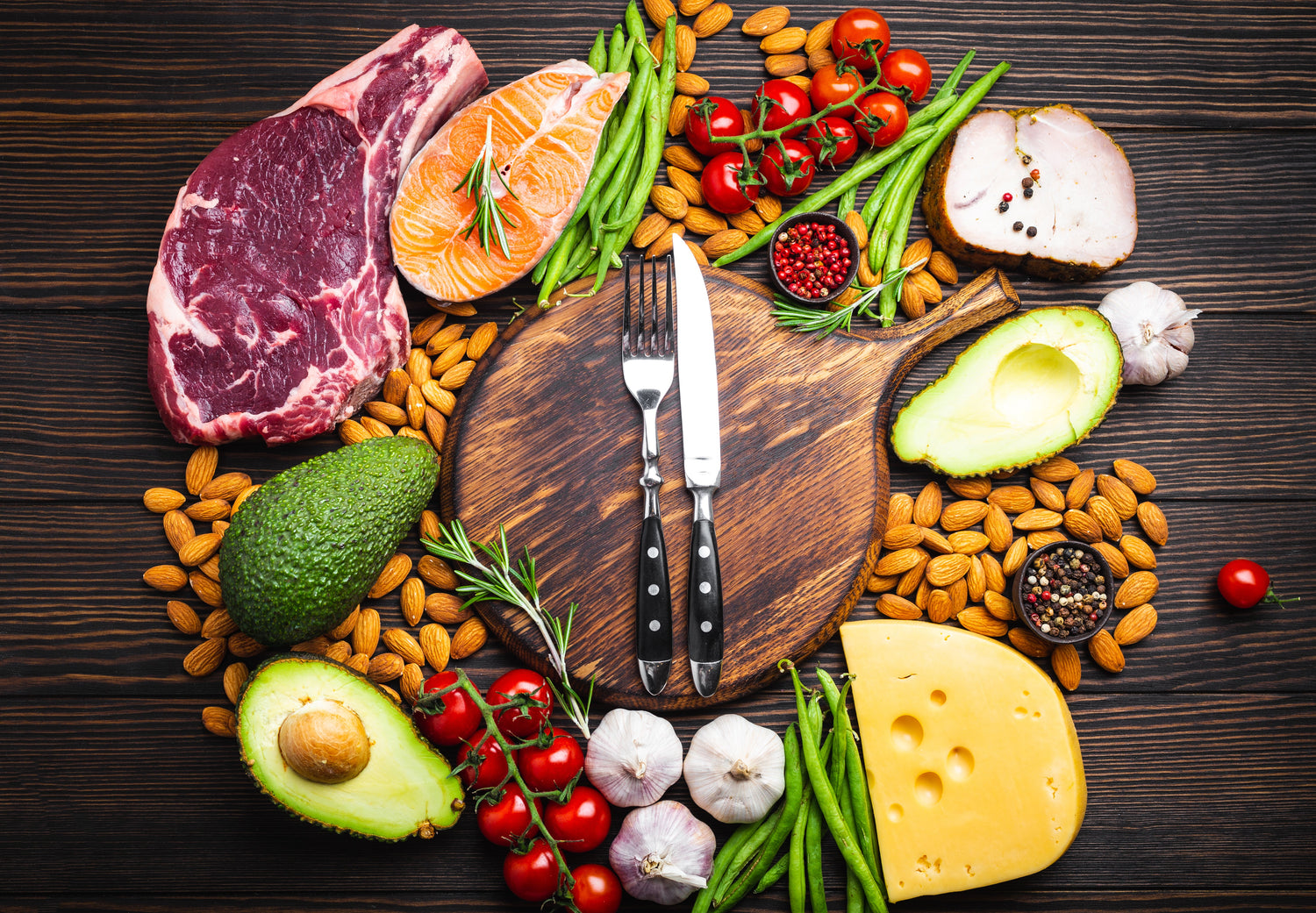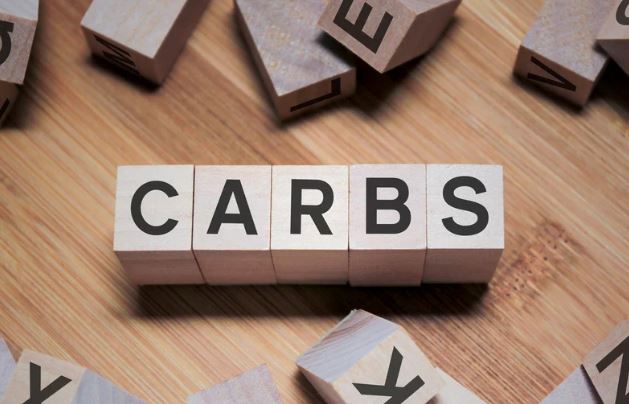This is an article for everyone who has hit a wall with the Keto diet.
For those who have not obtained the expected results with this type of diet.
For those who make these kinds of comments:
"I've been doing keto for 3 weeks and lost 2 kg in the first week, but now I haven't lost anything / I've gained 400 grams"
Or also:
“I've been doing keto for a year and lost 20 kg in the first 6 months. Since then, my weight has remained the same, with the same 1-3 kg gain and loss.”

You've probably asked yourself:
Has Keto stopped working for me?
Is Keto sustainable long-term?
Why doesn't Keto work for me?
Why am I not losing weight like everyone else?
The answer is not easy, and I will simply say...it depends.
There is no single reason why the Keto diet doesn't work.
There are so many factors that influence our overall health, and when we expect miracles by simply cutting carbs, our expectations may not be aligned with reality.
I've said it before and I'll keep saying it: Keto is not a weight loss diet.
Cutting carbs and focusing on fresh, whole foods while repairing your gut health is how we should all eat, whether we have weight to lose or not.
Below, we'll list possible reasons why Keto hasn't worked for you.
It would be interesting for you to reflect on or even consider trying these changes.
Whenever you start to wonder if it's not working for you, review this list and try something new.
If you give up and go back to your old way of eating, you'll have the same problems you're trying to escape.
There's no such thing as "ending the keto diet and going back to normal eating" if your normal diet is high-carb processed foods. You'll just go back to your old health problems.

Let's look at some of the reasons that may influence this.
TRY THESE THINGS BEFORE YOU GO KETO
Calories are still important, so cut them down.
Cut a little cheese, a little oil, a little fat off your steak. It can be easy to overeat calories when keeping carbs low. If you don't have that much weight to lose, then you may need fewer calories than you're consuming. Consult the calculators and count your macros.
We are not all the same size
Meal plans and recipes are a good start, but there are 7 billion people on this planet and our bodies are quite unique.
We respond differently to different foods, eating patterns, and quantities, so no one eating plan will work for everyone.
It's all about learning and adapting, so if you're using a set eating plan, remember to adjust it to your body and lifestyle.
You don't always need to lose weight
Sometimes our expectations are not aligned with reality.
We usually weigh 60 kg when we are 17 years old, but you may not be 17 anymore.
Your body needs more fat, and therefore produces more fat as you age, and this increases your natural healthy weight range. So focus on body recomposition and take your own measures.
You are losing centimeters
Take your various body measurements (bust, waist, hips, biceps, thighs, etc.) and focus on changing your body shape. We often lose more in size than in weight.
Your gut is healing
This is very important. We don't just diet to lose weight.
If you've been eating a "normal" diet full of processed grains and sugars your entire life, your body needs to "heal" before it can begin shedding excess fat.
If you're eliminating inflammatory foods, your body will continue to heal, and that's much more important than losing 5 kg before summer.

You are eating inflammatory foods
Inflammatory foods are different for everyone, but there are some that are definitely not good for us: sugar, wheat, alcohol, and for many people, dairy.
The list of inflammatory foods can be longer, depending on the individual. If you're unsure, consult a nutritionist and get tested for food allergies or intolerances.
Inflammation is the enemy of gut health, and your body will struggle to heal if you continue to eat certain inflammatory foods.
Stress, sleep and hormones
Getting the minimum amount of sleep is essential. If you don't sleep well and are under stress most of the time, your body feels constantly "on alert." Our diet and rest influence everything.
Eating too frequently
Many of the allowed foods are very calorie-dense and can add up very quickly.
Eating too frequently can also be taxing on your digestive system, and many people are reaping the benefits of fasting in its various forms.
Eating too frequently can also be taxing on your digestive system, and many people are reaping the benefits of fasting in its various forms.
Some people eat three full meals a day and then snack on high-calorie foods between meals. Learn about intermittent fasting.





